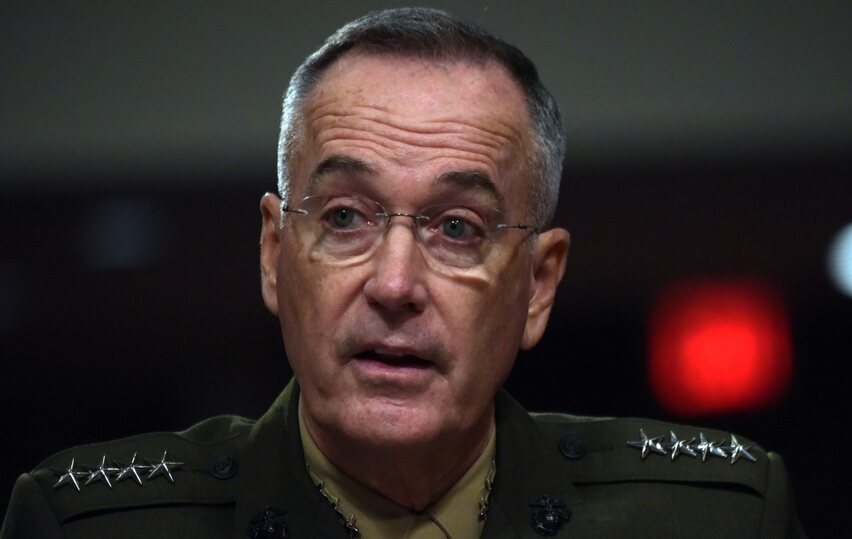A bipartisan report submitted to the US Congress on Wednesday, has advised that the United States should extend the May 1 deadline for pulling all its troops from Afghanistan and make force cuts contingent on progress in peace talks and by the Taliban in reducing violence and containing al-Qaida.
Sticking to the deadline, without first achieving a decline in violence and progress in peace talks, could lead to a collapse of the Afghan state and a resumption of civil war, the Afghan Study Group said in its report. On the other hand, it noted that if the Taliban don't accept a delay beyond May in completing the withdrawal of foreign troops, militants might abandon the peace process.
The US Congress had commissioned the group, whose co-chairs included retired Marine General Joseph Dunford, a former Joint Chiefs of Staff chairman, and Republican former Senator Kelly Ayotte. The recommendation, part of a broader proposed strategy, offers a possible way forward for a Biden administration which, like its predecessor, sees no military solution in Afghanistan but seems more doubtful of the Taliban’s commitment to a negotiated peace.
According to Reuters, Retired Gen. Joseph Dunford, a lead member of the study group, told media that Zalmay Khalilzad, the peace negotiator kept on from the Trump administration, who "found it helpful. "He said the group's recommendations have been briefed to Biden administration officials.
The United States "should not…simply hand a victory to the Taliban," said the Afghanistan Study Group report, reflecting criticism that the Trump administration conceded too much to the insurgents in a bid to end America’s longest war.
State Department spokesman Ned Price said the Biden administration "plans to support" the peace process, and is assessing the Taliban's commitment to cutting ties to al Qaeda, lowering violence and engaging in peace talks.
Former President Donald Trump ordered a drawdown to 2,500 US soldiers even as violence surged. US officials said the Taliban maintained ties with Al Qaeda, leading to a freeze in intra-Afghan peace talks.
The report also says that there’s an understanding between China and Pakistan on how to protect their interests in Afghanistan and Islamabad enjoys a leading role in this strategy. “The increasing closeness of the China-Pakistan relationship means that, for the most part, Beijing’s Afghanistan policy has hewed closely to that of Islamabad, with Islamabad taking the lead,” the report adds.
A US-Taliban agreement signed in Doha last year calls for a complete US withdrawal from Afghanistan by May. But the report from the Afghanistan Study Group, commissioned by Congress in 2019, recommends an “immediate diplomatic effort to extend the current May 2021 withdrawal date in order to give the peace process sufficient time to produce an acceptable result.”
Underlining Pakistan’s role in the peace process, the reports says that Pakistan has influence over the Taliban, “There are, however, indications that Pakistan is re-evaluating some elements of its strategy, given the economic opportunities that would arise from a more stable Afghanistan and the possibility of the Taliban gaining a meaningful share of power”.
The report points out that Afghanistan sits in a dangerous region as “three of its six immediate neighbours China, Pakistan, and Iran are actual or potential nuclear powers. Two other regional powers, Russia and India, also possess nuclear weapons” and an unstable Afghanistan risks destabilising the entire region, particularly by “exacerbating the rivalry between India and Pakistan, two nuclear-armed powers.”
The study group said it came to the collective judgment that a complete US withdrawal without a peace agreement would allow extremist groups to gradually rebuild their capabilities “such that they might be able to attack the U.S. homeland” within 18 months to three years.




















